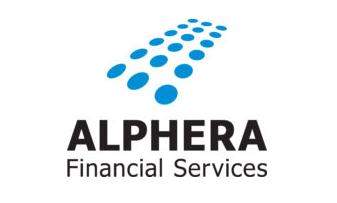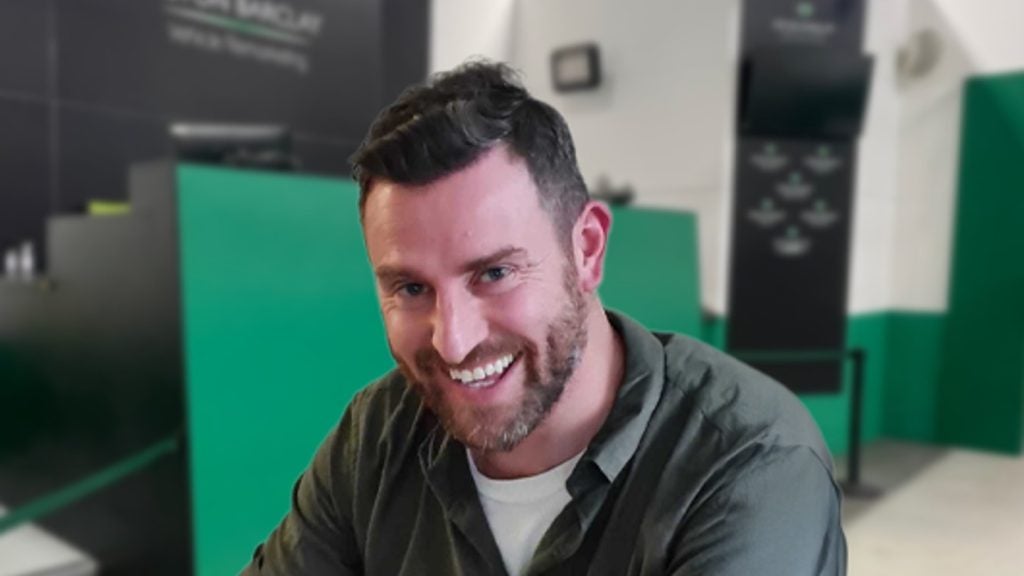
Motor Finance talks to Alphera Financial Services director Spencer Halil about driving quality assessments in the dealer market, and continuing the path of education on best practice through its collaboration with the Institute of the Motor Industry (IMI).
In October 2017, Motor Finance spoke with Spencer Halil, director of vehicle lender Alphera, about how the company was using an accreditation scheme to drive better consumer processes and outcomes. Alphera had announced that it was partnering with the IMI to launch an accreditation scheme designed to promote best practice and continued professional development. In the past six months, Halil has been working on driving interest into the scheme with Alphera’s fellow lenders and UK dealers.
Motor Finance (MF): How does Alphera plan to get people’s attention when everyone is so busy with their work?
Spencer Halil (SH): Everyone is so busy with doing the job that they forget to ‘sharpen the sword’. We are speaking to lots of people that are really getting the idea but they have not got the time to stop because they are busy selling cars or finance. The point we keep making is, if you get this right it can make the job infinitely easier. [Alphera] wanted to move the conversation towards something more constructive and positive that talked about businesses performing better. That is where we came up with the idea of an accreditation scheme that would demonstrate to the public that we are a well-trained, well-informed industry that can do the job properly. We quickly realised that, while Alphera is important, we could not do this on our own. We found out that the IMI had actually launched a finance and insurance accreditation pathway [some months before]. Our strategies collided at the same time with the same ultimate goal.
We now have an approved IMI centre for the delivery of this accreditation. A number of our team are approved assessors for this accreditation, and we are now rolling out training to dealers to deliver a consistent quality of sale and advice. The accreditation is not strictly linked to any training, so if you know how to do the job already, you can be assessed and accredited.
This is about Alphera supporting the IMI in establishing an accreditation that can act as a consistent standard across our industry. We have been inviting other lenders to get on board – we are not looking for competitive advantage by being the only player offering this.
MF: Have you had any uptake on that?
SH: We’ve only recently started to go public with it. Alphera knows the success of something like this is a long game, not a short win. We are committed to delivering this over a number of years and then it will become part of what we do. We understand that while Alphera has had two years to think about this, others have just started to hear about it.
How well do you really know your competitors?
Access the most comprehensive Company Profiles on the market, powered by GlobalData. Save hours of research. Gain competitive edge.

Thank you!
Your download email will arrive shortly
Not ready to buy yet? Download a free sample
We are confident about the unique quality of our Company Profiles. However, we want you to make the most beneficial decision for your business, so we offer a free sample that you can download by submitting the below form
By GlobalDataMF: Was there a temptation to go through the FLA at the start, or to speak to them?
SH: Absolutely, the FLA is our institutional body and we are very strong supporters of its training programme. All of my team does Specialist Automotive Finance (SAF) every year as part of their mandatory training. All of Alphera’s senior management are doing the SAF advanced course. However [SAF] is a very academic stream and the reality of the motor industry is that an academic way of learning is not always the best option for people. The IMI assessment is a combination of a practical skills-based assessment and some knowledge-based questions. It will give people the opportunity to demonstrate their skills without necessarily feeling like they are in exam-room conditions. SAF and the IMI can complement each other. You lose your place on the register with the IMI if you do not do the SAF regularly and maintain it. As well as that, the IMI accreditation has a public register, so if I am a paying customer I could search the IMI and I can see whether my business managers are accredited. The IMI register exists now, but it is not publicly recognised as it has not got enough people on it. This is why this is a long game, not a short-term strategy.
MF: Are you trying to address bad habits recently shown in the press through the accreditation scheme?
SH: We’ve seen an imbalance in the reporting of things, such as when a supposed mystery shopper went into certain dealers. All that was published was that they passed the first part of the process. The salesperson is always trained to not turn away any customer – to see every possible enquiry as an opportunity to sell. I think the thing we are looking for is a bit of a counterbalance for it. The industry is full of really good-quality people that know what they are doing and they do it properly, but the broadsheets or tabloids that reported these things only focused on a couple of poor outcomes. If we can be a part of a movement to create a register that shows the public that there are a huge number of people that are qualified
in the industry, then that’s going to inspire confidence. As a dealer I would want all my staff on that list.
MF: What are the behaviours that the scheme promotes?
SH: [The scheme] focuses very strongly on understanding the customer’s particular circumstances and needs. It expects the individual to have enough knowledge of the detail of the individual products that they present to be able to match the products to the customer’s needs. In the skills assessment it goes as far as to make sure that they have got the eloquence, the competence, and the confidence to represent products in a way that customers are going to understand. Right now there is too much ‘learningby-doing’ in our industry, and what that carry’s a risk of learning someone else’s misunderstandings and bad habits.
MF: How are you going to incentivise people to join?
SH: We are going to convince people that this is a virtue in itself and the impact on their business will be very positive, because they will have more confident salespeople that will be able to present the products more effectively; therefore they will have
more confident customers that will buy more products more readily. They will also have a regulator that is more confident about our industry, which will only be a good thing. Alphera is not going to financially incentivise anyone. We are, in fact, charging for training that we deliver in order to bring people up to an assessable level, without making a profit.
MF: Are the costs modest?
SH: There is a programme of four or five courses. The main course we deliver, which will bring a new starter up to the standard where they can be assessed, is just under £1,500. But this is for a week of training, which includes accommodation, meals, training resources and membership to the IMI for one year. If you are a competent business manager already, then you could come on just the assessment day – which is around £165, which also includes membership in the post. If I were a regulator and I said to an authorised firm ‘what do you do to train and develop your staff?’ and it came up with this programme, I think it would tick a lot of boxes.
MF: Do you see market-led regulation rather than regulator-led regulation as part of this whole programme?
SH: Yes, we see this programme as delivering self-regulation. The FCA has been quite active in other financial spheres in imposing the need for a minimum level of accreditation. Our thinking is that this is something that they must be considering [for motor finance], and that we can get ahead of the curve. We are due the FCA full report on motor finance in September. There might be a case to say, you know, these sorts of initiative will take a greater front seat. It will be interesting to see if the regulator references the need for a universal accreditation or standard. If, in its review, it talks about the benefits of consistency, in that sense that would give a real shot in the arm to our programme.







